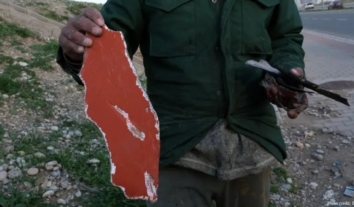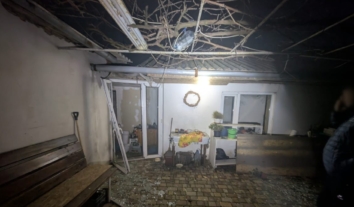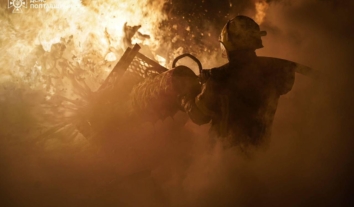Crimea’s status non-negotiable despite international proposals
Ukraine’s Ministry of Foreign Affairs stated on September 19, 2024, that compromises on Crimea’s territorial status are unacceptable. This statement came after Radosław Sikorski, the Polish Foreign Minister, proposed a referendum on the Crimean Peninsula under certain conditions.
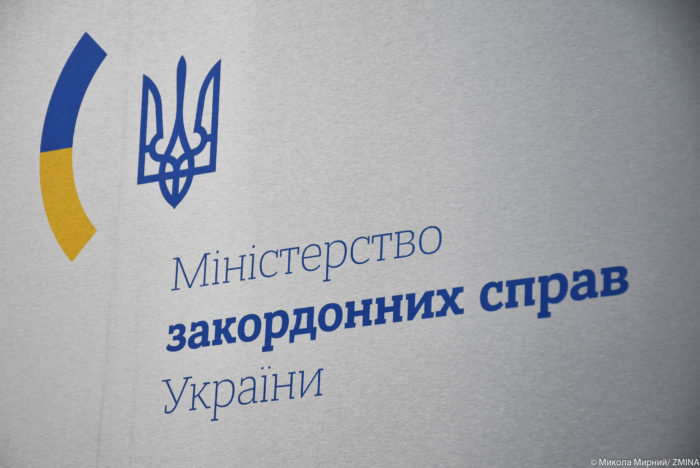
The foreign ministry emphasised that Ukraine’s territorial integrity “has never been and cannot be a subject for discussion or compromise,” adding that this position is upheld by the Ukrainian Armed Forces, partners, and international law.
"Crimea is the centre of gravity of Europe's security architecture. Its full recovery is possible only after complete liberation of the entire territory of Ukraine, including the Ukrainian peninsula," the statement said.
The ministry expressed its expectation of support from partners to compel Russia to withdraw from Crimea and face justice for violations of international law and international crimes committed across Ukraine.
“All efforts should be aimed at achieving these goals as soon as possible and not satisfying, in one way or another, the Kremlin’s appetites at the expense of the interests of Ukraine and international law,” the foreign ministry stated.
Read also: What triggers world wars?
Ukraine’s foreign ministry did not clarify why it issued this message, although it came after Polish Foreign Minister Radosław Sikorski’s proposal for resolving the status of Crimea was circulated by Ukrainian media.
According to Sikorski, Russia and Ukraine will be unable to reach an agreement on the status of Crimea; however, “We could put it under a UN mandate with a mission to prepare a fair referendum after verifying who the legal residents are and so on… And we could postpone it for 20 years.”
For context, Russia carried out a military operation to seize the Crimean Peninsula in 2014 and conducted an illegitimate “referendum” there. On February 20, 2014, during a visit to Crimea by Russian presidential aide Vladislav Surkov, a column of armoured personnel carriers left Sevastopol’s Kozacha Bay. This is where the 810th Marine Brigade of the Russian Black Sea Fleet was stationed, and the vehicles were seen heading out of the city.
The following day, Russian authorities claimed the Russian Black Sea Fleet in Crimea was transitioning its units to a “heightened security mode” due to the complex political situation in Ukraine. They stated that marine units should reinforce the security of Russian military forces not only in Sevastopol but also in other regions of Crimea.
While the occupation authorities claim they carried out the military operation to seize the Crimean Peninsula without bloodshed, Crimeans protested against the occupiers in the early days of the Russian aggression, taking to the streets for rallies and demonstrations, risking their lives. Arbitrary arrests and forced abductions of Ukrainians and Crimean Tatars occurred, and Ukrainian citizens were killed during the Russian military operation.
Earlier, former deputy commander of the Pryluky missile boat Artem Kyselov pointed out that Russian soldiers killed Kokurin Serhii Viktorovych and Karachevskyi Stanislav Volodymyrovych in Crimea in 2014. He recalled that the Russian military killed both Ukrainian servicemen after they had been disarmed.
Ukraine annually commemorates February 26 as the Day of Resistance to the Temporary Occupation of the Autonomous Republic of Crimea and the city of Sevastopol. This date marks the largest rally in support of Ukraine’s territorial integrity at the building of the Verkhovna Rada of the Autonomous Republic of Crimea.
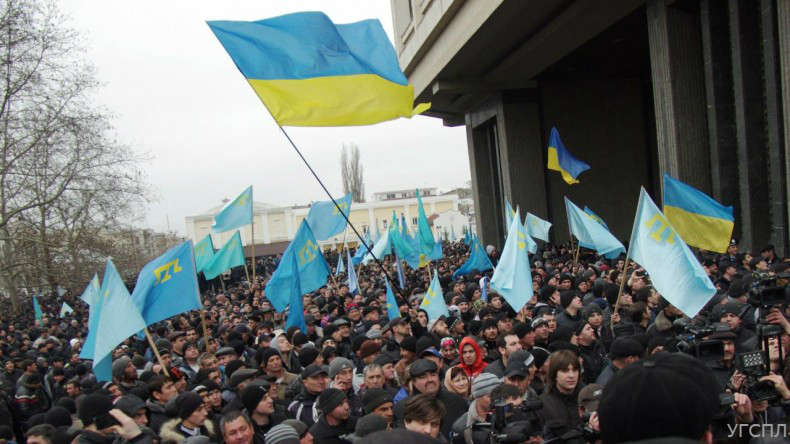 Concurrent demonstration of both pro-Ukrainian and pro-Russian Crimean residents outside the Crimean Parliament building on February 26, 2014
Concurrent demonstration of both pro-Ukrainian and pro-Russian Crimean residents outside the Crimean Parliament building on February 26, 2014Refat Chubarov, head of the Mejlis of the Crimean Tatar people, explained that on February 26, 2014, Moscow intended to create a “glamorous picture” through an extraordinary session of the Crimean parliament, supposedly showing that “Crimeans are asking to join Russia.”
On that day, Russia failed to implement its “peaceful scenario” for annexing the peninsula through a parliamentary vote. Early the next morning, it launched a military operation, seizing the Parliament of the Autonomous Republic of Crimea.
The international community, with few exceptions, continues to recognize Crimea as part of Ukraine.
On June 17, 2024, the Council of the European Union adopted a decision to extend the sanctions imposed by the EU in response to the illegal annexation of Crimea and Sevastopol by the Russian Federation until June 23, 2025.
The Russian Federation uses temporarily occupied Crimea as a military foothold for its armed aggression from the south of Ukraine, shelling Ukrainian cities from the peninsula. Ukrainian authorities have repeatedly stated the importance of de-occupying the Crimean Peninsula.
In June 2024, the European Court of Human Rights (ECHR) issued its verdict on the merits in the first interstate case, Ukraine v. Russia (re Crimea), recognising the systemic violations of human rights committed by the Russians in occupied Crimea.
Ukraine has repeatedly called on countries worldwide to impose restrictive sanctions on the Russian Federation to compel it to comply with international law.


